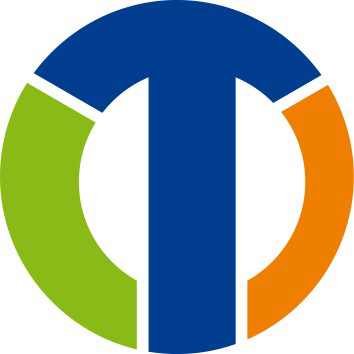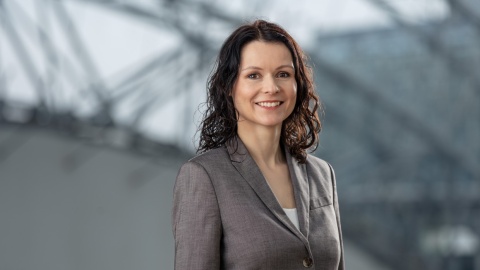Nature as a Role Model: Keynote Speaker Presents a Carbon Neutral "Green Carbon" Process at OTWorld 2024
In May 2024 at the next edition of OTWorld in Leipzig, the leading world get-together for the prosthetics and orthotics industry, Professor Thomas Brück will be presenting an innovative technology for use in medical applications called "Green Carbon". The carbon-neutral process for manufacturing algae-based carbon fibres could possibly replace traditional carbon fibres in medical technology applications in the future.
Keynote Addresses by renowned experts are among the highlights of the world congress at OTWorld. Alongside AI and robotics expert Prof Claudio Castellini and happiness researcher Prof Ricarda Rehwaldt, Prof Thomas Brück has also agreed to give an address at the upcoming event in May 2024. He currently holds the positions of Werner Siemens-Chair of Synthetic Biotechnology and Director of the Algae Research Centre at the Technical University of Munich.
In his research, Professor Brück focuses on innovation and sustainability. Nature serves as a role model in his work because it is a circular system that leaves no waste. His vision of tomorrow's bio-economy is based on carbon neutrality and the efficient use of resources. „If we want to secure the future of our children while at the same time ensuring our industries remain competitive, we need to move towards a sustainable circular bioeconomy that is bio-based, uses CO2 as a raw material and adopts a measured approach to the use of our available resources", says Professor Brück.
In his keynote at OTWorld 2024 entitled "Green Carbon Fiber – A Sustainable Material for High-Performance Applications in Medical Technology”, Professor Brück will present a carbon-neutral process for manufacturing algae-based carbon fibres and demonstrate how this groundbreaking technology can be beneficially applied in prosthetics and orthotics.
Potential for Sustainable Medical Technology
„Green Carbon” could replace the traditional carbon fibres used in medical technology that cannot be classified as sustainable due to the manufacturing and waste disposal processes involved. The new technology not only promises better-performing features but also an environmentally-friendly production process.
Carbon as an industrial material is here to stay, particularly in the field of prosthetics and orthotics. "Carbon fibre is not only very light and stable, but even more stable than steel, which gives it a clear advantage over alternative materials. Originally, products in prosthetics and orthotics were made from wood. Although this was a sustainable solution, wood is not really durable enough for everyday use. The ongoing demographic shift means that the field of orthotics is becoming increasingly significant. These products are increasingly playing a supportive, rather than a substitutionary role. This presents new challenges in material technology, and this is where carbon fibre shows its strength", Professor Brück emphasizes.
In his expert view, green carbon has great potential in the construction of artificial limbs: "Carbon fibre is usually a component in most prostheses, especially where the lower extremities are concerned. Our bio-based carbon fibre is just as resilient as traditional fibres, if not better", Professor Brück continues.
He says the response from the industry has generally been positive. However, it will take time and persuasion for the process to reach commercialisation.
The editorial office of our OTWorld media partner, Verlag Orthopädie.Technik, interviewed Prof Thomas Brück. You can read the interview here (only available in German): https://360-ot.de/otworld-2024-mit-algen-richtung-zukunft/
Prof. Thomas Brück (JPG, 5 MB)
About the Speaker
Professor Dr Thomas Brück studied chemistry, biochemistry and molecular medicine at Keele University in England. From 2002 to 2006, he held an assistant professorship for marine proteomics and biocatalysis at the Center of Excellence for Marine Biotechnology and Biomedicine at Florida Atlantic University (USA) and worked on the biosynthesis of bioactive natural products in marine macroorganisms. In 2006 he moved to Süd-Chemie AG (now called Clariant Produkte Deutschland GmbH). Brück has been a full professor at the Technical University of Munich (TUM) since 2011. He holds a position as the Werner Siemens Chair of Synthetic Biotechnology and is Director of the interdisciplinary TUM Algae Research Centre.


